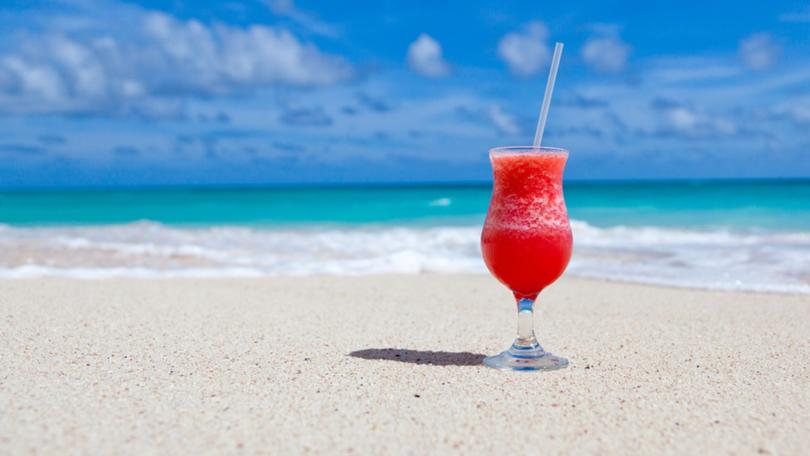Nick Bruining Q+A: We have an acreage, a beach house rental and dividends. Can we get a pension, too?
Q+A: Australia’s welfare system relies on the concept that if you have the means to fully or partially fund your retirement, you do so. But changing circumstance sometimes open the door to Centrelink support.

Question
I am 74 and my wife is 68. Our assets include a home on a 2.4ha (six-acre) block in Mandurah worth around $2 million.
We have a beachfront unit in Kalbarri worth about $600,000 that pays us about $32,000 a year and we have a business that generates a net profit of $200,000 before tax.
Sign up to The Nightly's newsletters.
Get the first look at the digital newspaper, curated daily stories and breaking headlines delivered to your inbox.
By continuing you agree to our Terms and Privacy Policy.We have a debt of $816,000 secured against the home and block in Mandurah. Unfortunately, the property is in a family trust and we will face an enormous capital gains tax bill if we sell up. But we don’t want to sell it.
We are not receiving a wage from the business, just a franked dividend. It’s a seasonal business and I still work part-time, though that’s not necessary.
If we could both be considered fully retired could we claim an aged pension?
Answer
Congratulations on your financial position, which I am sure comes after many years of hard work.
As it stands, you will be assessed as homeowners as you are regarded as being in control of the family trust. However, Centrelink will attach a value to the land beyond 2ha (five acres), unless you have lived in the property for the past 20 years, in which case other rules may apply.
Because the home is exempt, any debts secured against an exempt asset are also usually ignored. While you have not provided any details of other assets such as bank accounts and fixed assets such as cars and boats, these will need to be included.
To this, we need to add the value of the Kalbarri property at $600,000 and the value of the business. While no value has been provided, the gross profit of $200,000 a year alone suggests a value of at least $1m. That takes your likely assessable assets to at least $1.8m, disregarding any value attached to the extra acre of land, if not exempt.
The homeowner asset test’s upper limit is currently $1.031m and the combined income test for a part-pension is $97,117, so you are well over the thresholds.
Your income is likely to preclude you from receiving any assistance, including the Commonwealth Seniors health Card, with a combined income test upper limit of $152,640 of taxable income a year.
Australia’s welfare system is a finite resource which relies on the concept that if you have the means to either fully or partially fund your own retirement, you are compelled to do so. This is done through the application of means testing in order to restrict taxpayer-funded benefits.
You clearly are in the fortunate position that, at this point in time, you can self-fund your own retirement. Over time, and with the regular indexation of the thresholds, that may change.
Question
My grandson is about to get married and his parents are concerned about how they will contribute to the cost of the wedding.
While I understand the gifting rules prevent me from giving them the money for the wedding, what is the situation if I paid for the wedding which I will be attending?
Can I extend this to buying items for my children and grandchildren and giving those items to them?
Answer
While this can sometimes be a grey area, your proposed strategy almost certainly would be regarded as a gift or deprivation and caught under the gifting rules.
As the saying goes: “If it looks, smells and sounds like a duck, it’s a duck”.
Expenses are normally considered with regard to what society regards as “normal”. For example, it would be “normal” for parents to pay for a child’s wedding but not necessarily a grandparent. Similarly, items that you purchase for yourself would be regarded as normal expenses, but not those for others.
However, you have also not stated whether or not you receive a full or part-pension. If you receive a full pension, your gifts will have no effect if you use assets that have already been declared to Centrelink. You simply lose the use of those assets.
If you are on a part-pension the effects will be depend on the amounts involved.
Nick Bruining is an independent financial adviser and a member of the Certified Independent Financial Advisers Association

